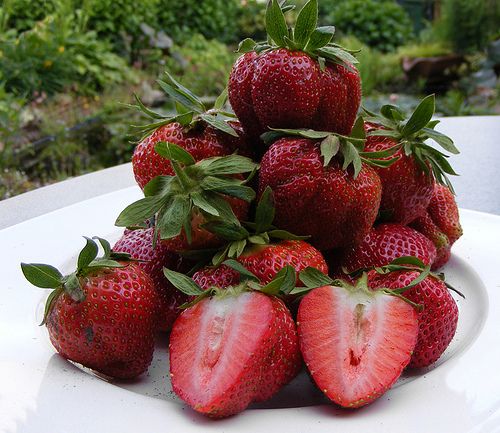
“Organic gardening” is a term that’s gone from hip buzzword to nearly completely invisible in a sentence simply because the term feels overused. This is a shame because organic gardening really does make a difference no matter how lack-luster the phrase sounds today.
So, why practice organic gardening? The most obvious is probably the best reason; utilizing as many organic practices as you can in your yard and garden is extremely healthy for you, your family, and your neighbors. Plus, it’s environmentally responsible to boot.
I recently overheard some people stating that organic gardening techniques don’t work nearly as well as synthetic chemicals for controlling pests and disease in the yard and garden. Personally, I think that gardeners that adhere to this theory either aren’t actually practicing organic methods or aren’t doing so for long enough.
But do organic practices really work?
Aren’t the pesticides, herbicides, and other expensive chemical fertilizers on the store shelves simply more effective? First of all, not all organic practices are going to work. Certainly some of the old time remedies are folklore that have no scientific basis for being effective. There are also some organic methods that work beautifully for some gardens and not at all in others. Those statements aside, there are a great number of organic gardening techniques (and a great number of books on the subject) that absolutely do work — you just need to experiment with a few, plus have a little faith and give them time to work.
Here’s the deal. Synthetic chemicals, whether their pesticides or herbicides usually do what they they’re going to do — and then some. This also comes with a price. Synthetic chemicals may seem to work faster initially, but they’re often not any more effective in the long run. And more often than not, they end up doing more harm than good. Don’t forget that the pollinators necessary to the garden are also in the path of chemical pesticides, as are our bodies and the environment.
Herbicides eventually create super-weeds and threaten soils, waterways, wildlife, and human life. Inorganic fertilizers can be safe. But they do little — if anything at all — to actually amend the soil, which is the real goal. They can potentially do damage to lakes, streams, and ponds due to runoff.
Many gardeners dream of come a time when no one uses chemical pesticides or herbicides ever again. But, each gardener has their own pest and disease tolerance level and you need to define that line for yourself. The fact is that organic gardeners do put up with a few leaves with holes in them or perhaps lose a few seedlings to snails. The reality is that there may be situations where you may need to break out the bigger guns. But I wonder how many people realize that the heavier artillery can be nontoxic chemicals or at the very least less toxic?
By the way, small-space gardeners (which most of us are comparatively) have an advantage here because organic garden practices are at their easiest when working with a small plot. Pest and weed control methods are not only physically easier, but the techniques can be extremely effective because you’re not waving a giant red gardening flag in the face of the would-be pests. Wide expanses of land covered in a single variety of flowers or vegetables is a welcome mat for pasts.
Common, old-fashioned, tried-and-true organic gardening still offers the best earth and people-friendly practices for maintaining a healthy balance in the garden, in addition to keeping a healthy balance in your bank account. I can’t think of a better a win-win.
~ One of my favorite ways to get gardeners to think about pest and disease control in a different way is to introduce them to a technique called Integrated Pest Management (IPM).
Fine Gardening Recommended Products
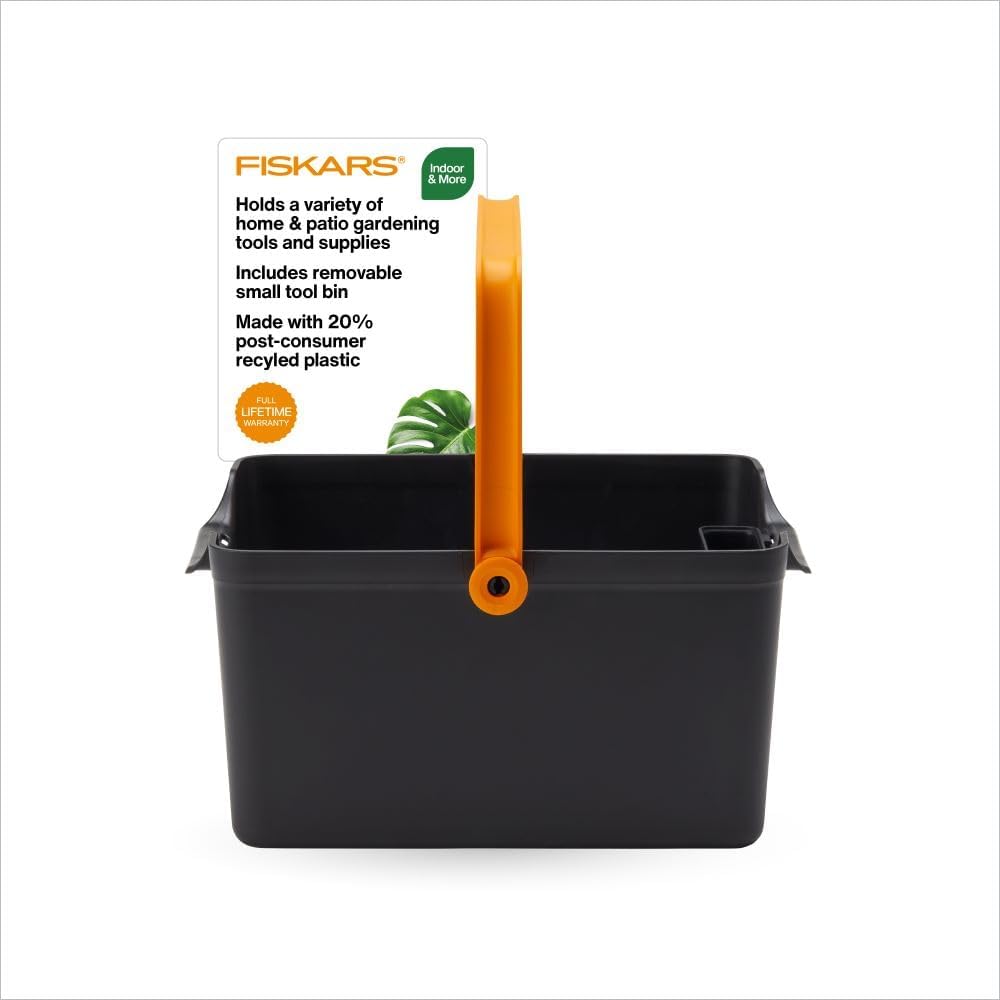
Fiskars Garden Tool Caddy with Removable Small Tool Storage for Indoor and Outdoor Gardening Use, Made with Recycled Plastic
Fine Gardening receives a commission for items purchased through links on this site, including Amazon Associates and other affiliate advertising programs.
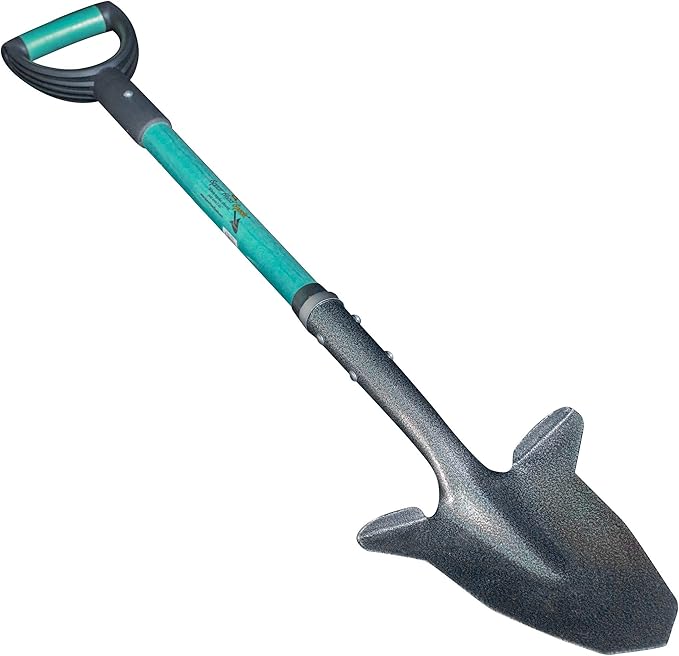
Spearhead Shade Gardening Shovel with Steel-Reinforced Fiberglass Handle
Fine Gardening receives a commission for items purchased through links on this site, including Amazon Associates and other affiliate advertising programs.
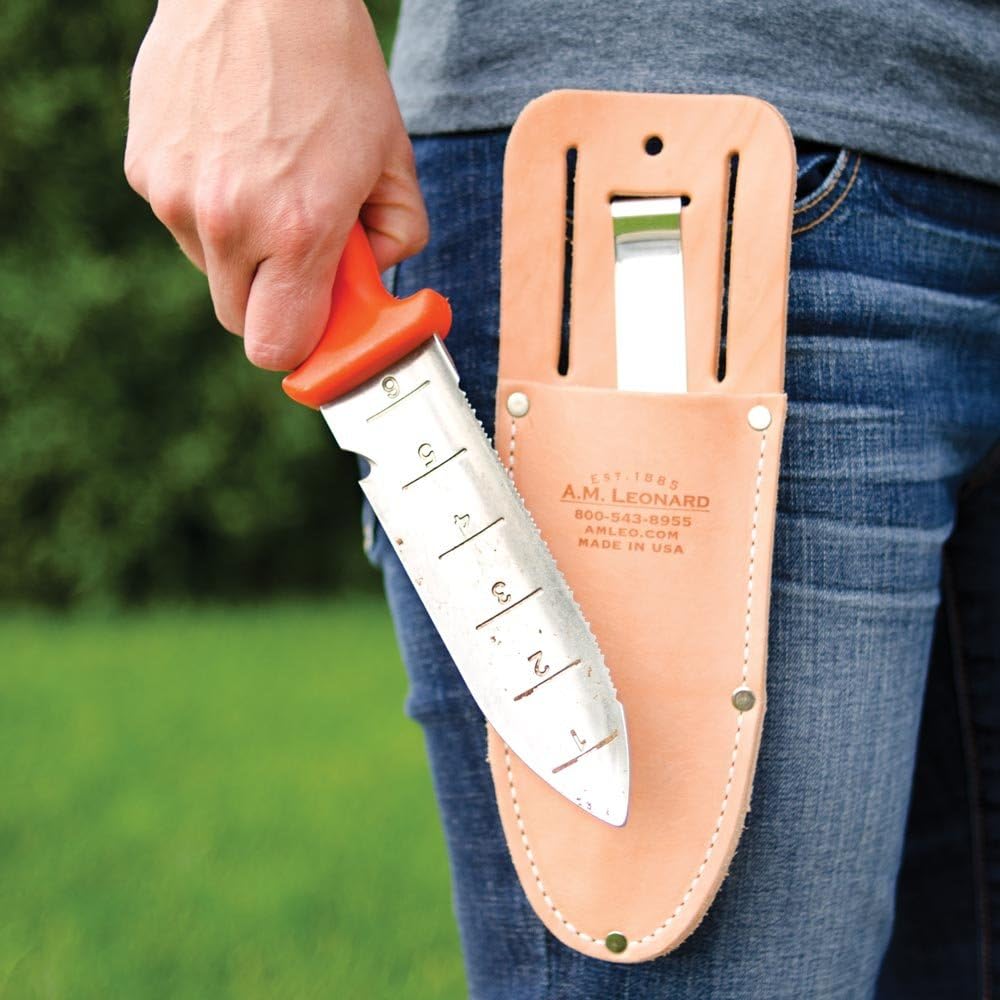
A.M. Leonard Deluxe Soil Knife & Leather Sheath Combo
Fine Gardening receives a commission for items purchased through links on this site, including Amazon Associates and other affiliate advertising programs.


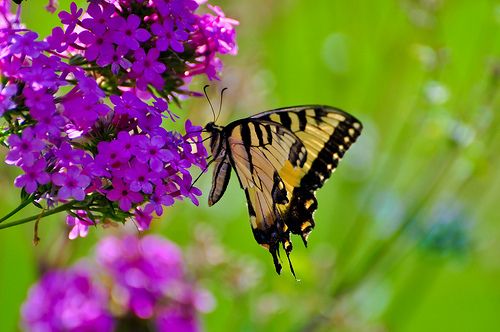
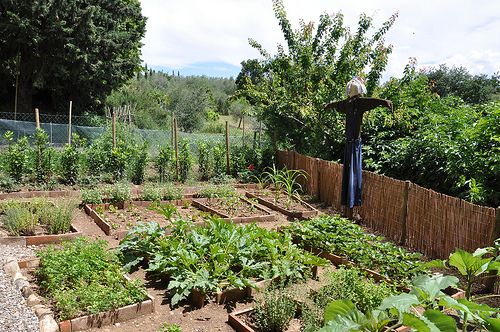

















Comments
Log in or create an account to post a comment.
Sign up Log in